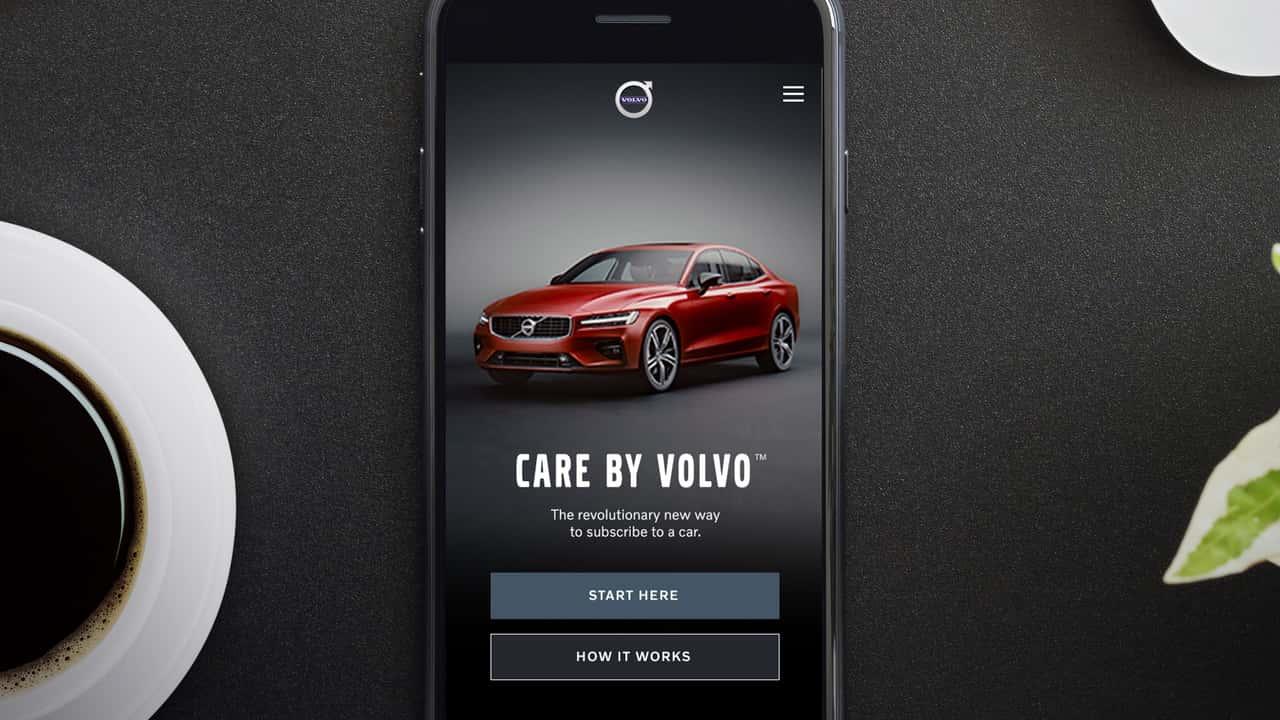In a strategic move to streamline operations, Volvo Cars has sold its ‘Care by Volvo’ subscription businesses in Sweden and the Netherlands. This decision aligns with the company’s recent suspension of its vehicle subscription program in the United States and Europe, signaling a shift in Volvo’s approach to vehicle ownership models.
Background of ‘Care by Volvo’
Launched in 2017, ‘Care by Volvo’ was introduced as an innovative alternative to traditional car ownership. The program offered customers a comprehensive package that bundled vehicle use, insurance, maintenance, and other services into a single monthly payment. This all-inclusive subscription model aimed to provide flexibility and convenience, attracting a new demographic of customers seeking hassle-free mobility solutions.
Challenges and Dealer Concerns
Despite its innovative premise, ‘Care by Volvo’ faced several challenges, particularly concerning dealer relations. In markets like California, dealers expressed concerns that the subscription model might violate state franchise laws designed to prevent manufacturers from directly competing with their franchisees. These apprehensions led to legal scrutiny and strained relationships between Volvo and its dealer network.
Strategic Divestment in Sweden and the Netherlands
The recent sale of the subscription businesses in Sweden and the Netherlands indicates Volvo’s reassessment of its subscription-based services. By divesting these operations, Volvo aims to concentrate on its core business areas and explore alternative strategies to meet evolving consumer preferences. This move also reflects the company’s responsiveness to market feedback and its commitment to maintaining strong partnerships with dealers.
Implications for the Automotive Industry
Volvo’s decision to exit the subscription model in these regions may influence other automakers considering similar services. The challenges encountered by ‘Care by Volvo’ highlight the complexities of implementing subscription-based models within the traditional automotive retail framework. Factors such as legal compliance, dealer relationships, and consumer acceptance play critical roles in the success of such programs.
Future Outlook
While Volvo has suspended its subscription services in certain markets, the company continues to innovate in other areas, particularly in electric vehicle development and digital services. The lessons learned from the ‘Care by Volvo’ experience are likely to inform future initiatives as Volvo adapts to the rapidly changing automotive landscape.
Conclusion
The divestment of ‘Care by Volvo’ in Sweden and the Netherlands marks a significant shift in Volvo’s business strategy. By reevaluating its approach to vehicle subscriptions, Volvo demonstrates its commitment to aligning with market demands and strengthening its core operations. As the automotive industry continues to evolve, manufacturers must remain agile, balancing innovation with practical considerations to meet the needs of both consumers and partners.


